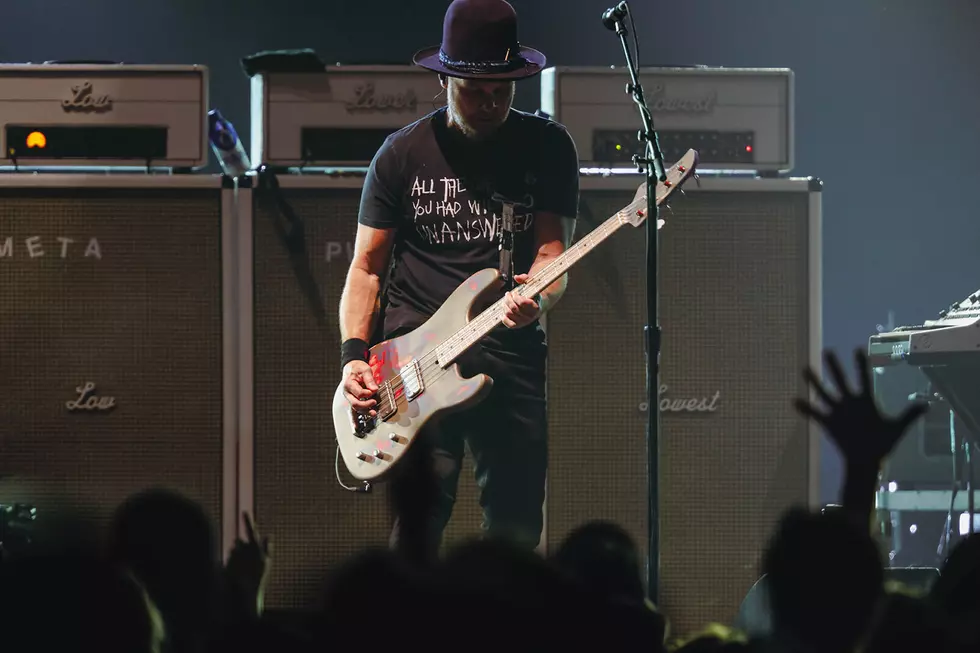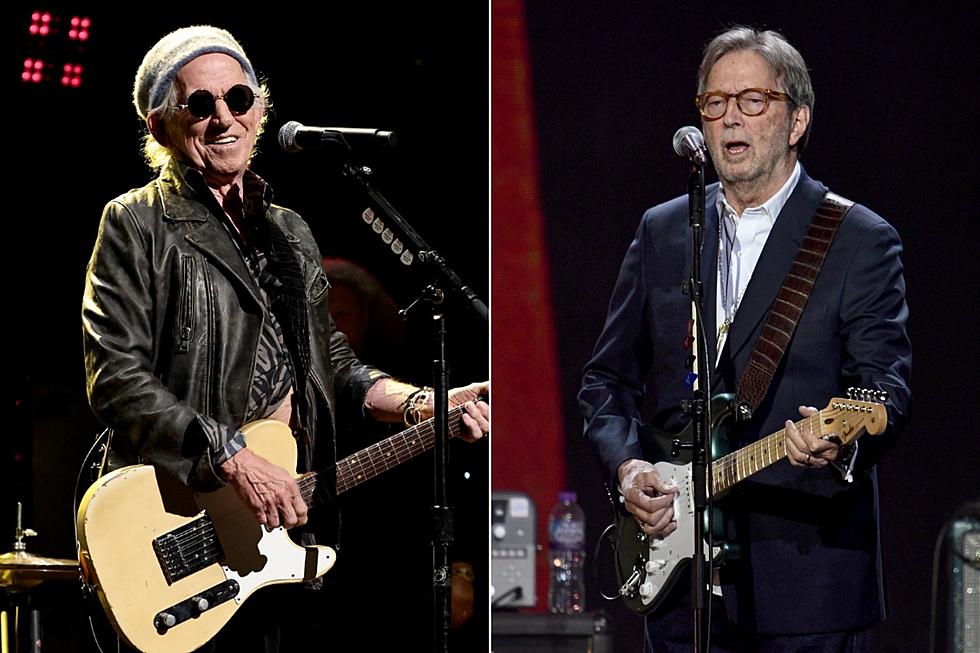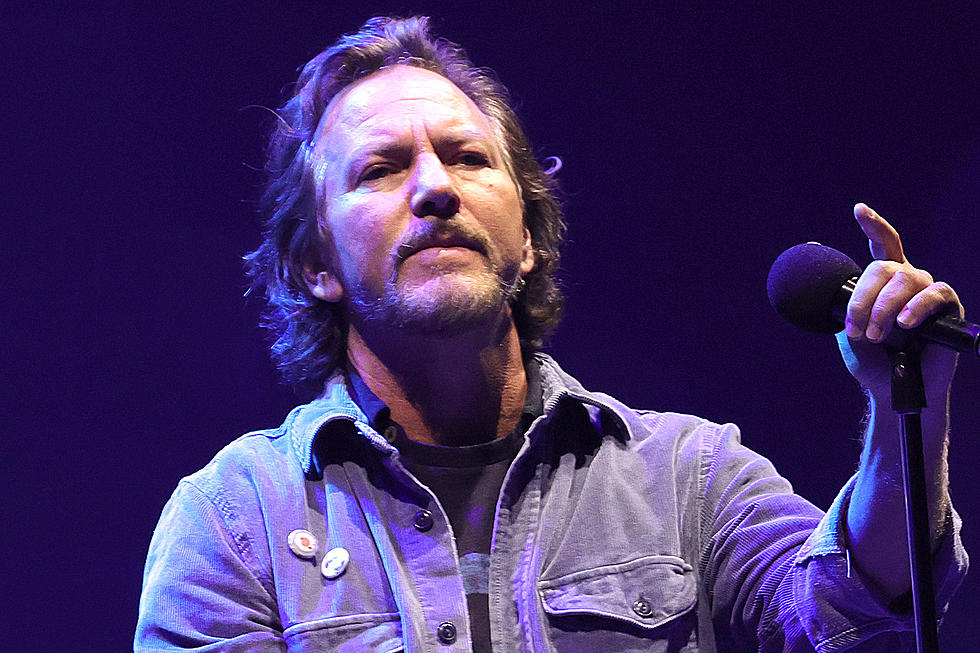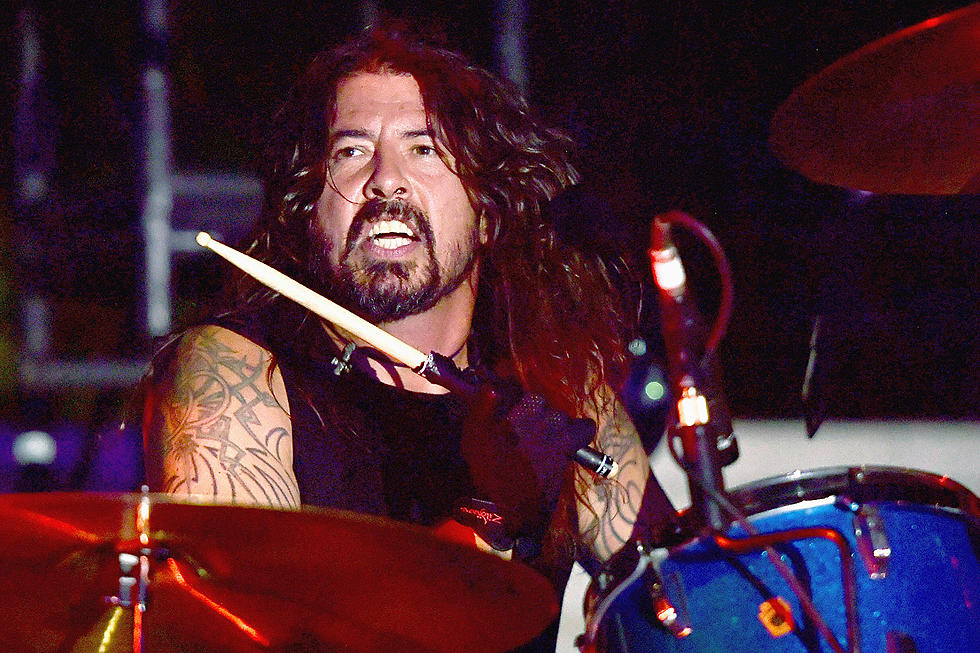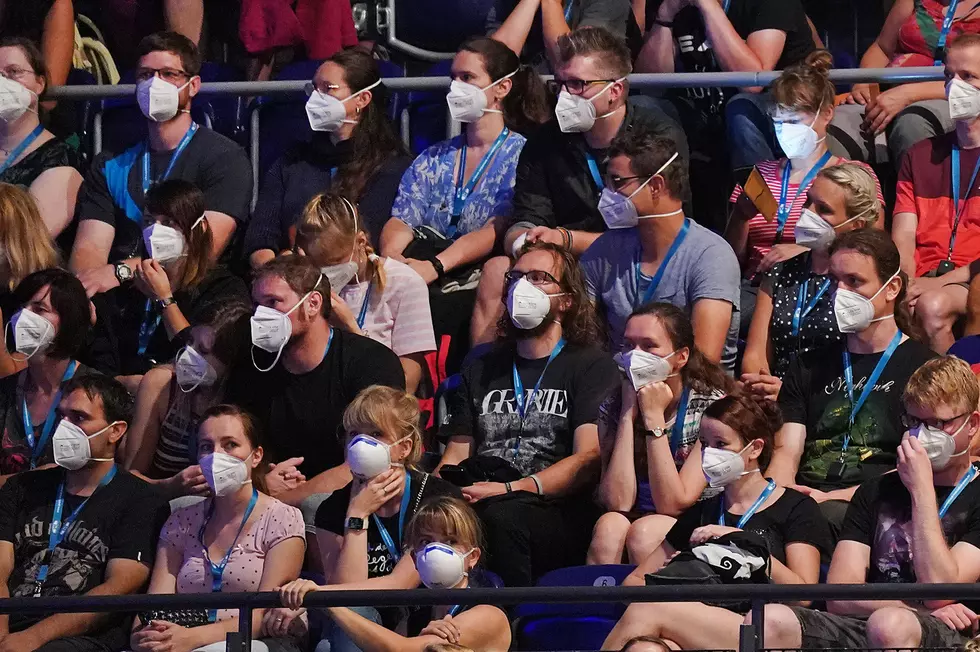
Music Fans Attend Concert For COVID-19 Experiment
An experimental concert was staged Saturday in Germany to examine how COVID-19 can spread at indoor events.
Around 1,500 fans gathered in Leipzig for a performance by singer-songwriter Tim Bendzko. While they were allowed to behave the way they might have in the past, they were given pre-entry tests and equipped with face masks, fluorescent hand gel and motion transmitters. Three scenarios were played out with the volunteer audience – the first was a “traditional” live event, the second was a crowded show with increased hygiene restrictions, and the third was based on social distancing, with a smaller crowd.
Researchers at the University of Halle will use the information to build a profile of “critical contacts” that can take place during a concert. The hope is that the data can be used to minimize risk of infection as the live music industry tries to return to full operation. “We cannot afford another lockdown,” RESTART-19 project leader Professor Michael Gekle told CNN. “We have to gather the data now in order to be able to make valid predictions.” He added: “There is no zero risk if you want to have life. We want to give the politicians a tool in order to decide rationally whether to allow such an event or not. That means they have to have the tool to predict how many additional infected people such an event will produce.”
Last week, the head of the World Health Organization said he was hopeful that the pandemic could be brought under control within two years. Tedros Adhanom Ghebreyesus compared COVID-19 with the flu pandemic of 1918, which killed at least 50 million people. “Of course, with more consecutiveness, the virus has a better chance of spreading,” he argued. “But at the same time, we have also the technology to stop it, and the knowledge to stop it.” He added that “national unity” and “global solidarity” would be the keys to success.
Top 100 Live Albums
More From Ultimate Classic Rock



